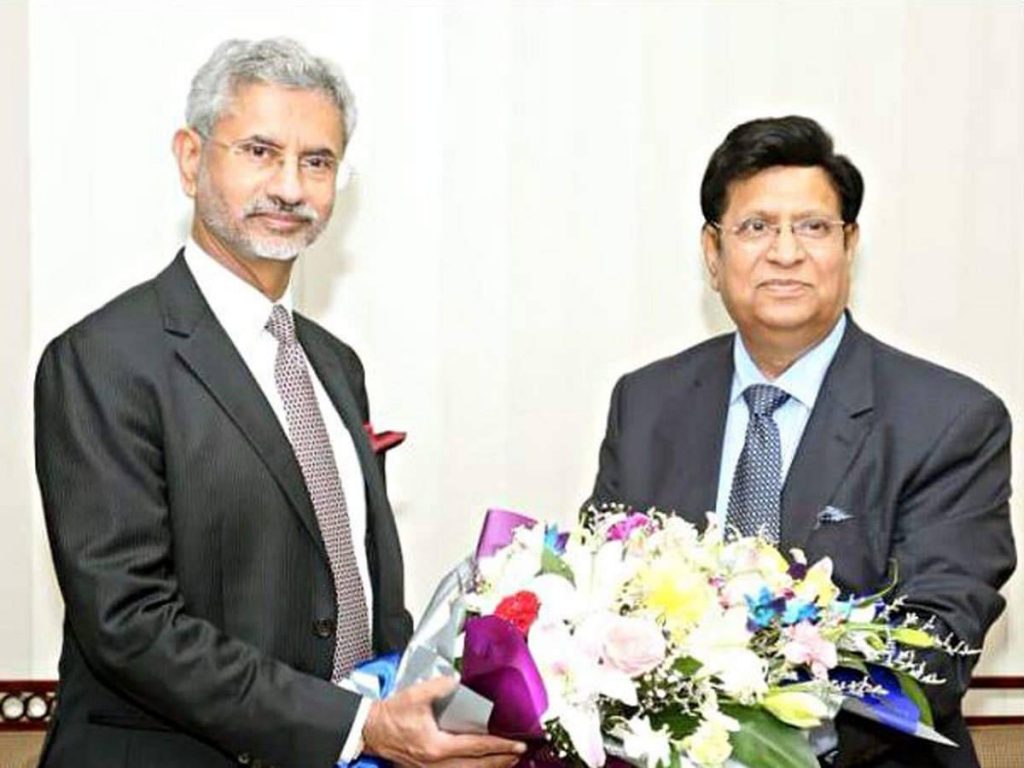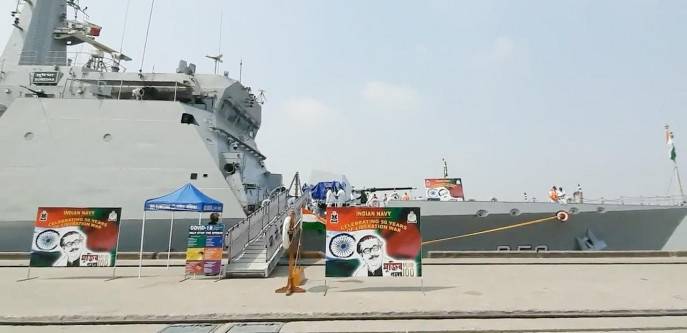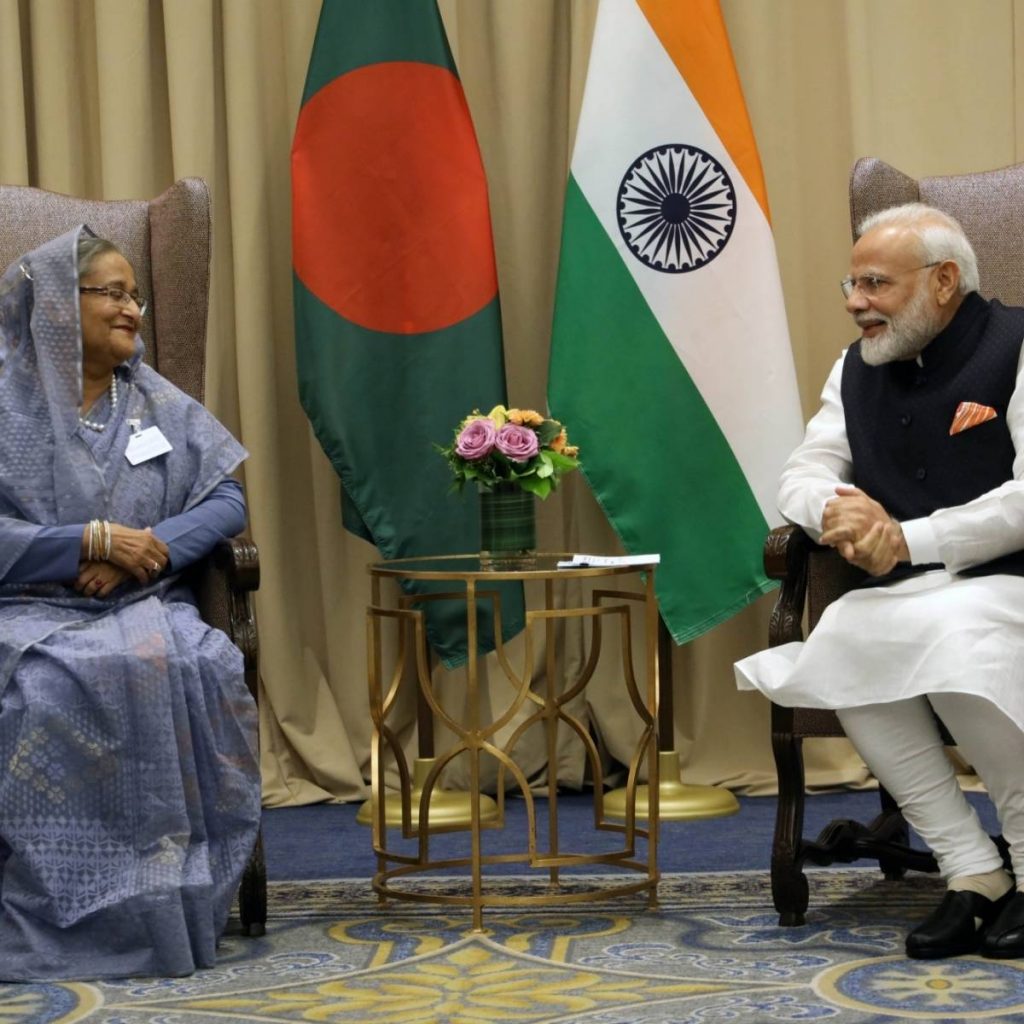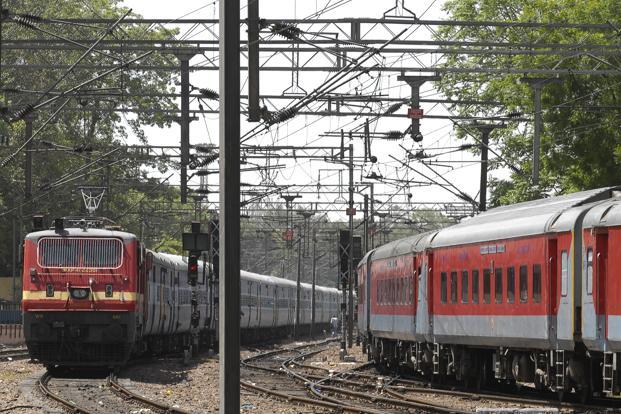Prime Minister Narendra Modi has been invited to be the ‘honoured guest’ on Bangladesh’s 50th Independence Day on 26 March, the day when the marauding Pakistani forces launched Operation Searchlight and allegedly perpetrated the worst form of brutalities and genocide in the erstwhile East Pakistan. Modi’s presence in Dhaka on the day will revive memories of India’s all-out support to the Bangladesh liberation war in 1971when on the face of horrendous cruelties meted out to the hapless people, more than 10 million refugees had to flee and take shelter in India where they were extended all cooperation and assistance by the people and government of India, writes Louis Auge.
Modi’s visit to Dhaka will be in connection with three epochal events – Mujib Borsho (birth centenary of Sheikh Mujibur Rahman); 50 years of the establishment of diplomatic ties between Bangladesh and India; and 50 years of Bangladesh liberation war. The visit of the Indian Prime Minister will be his first visit to any foreign country since the outbreak of Covid pandemic. This shows the importance India attaches to Bangladesh.

Bangladesh-India relations are multifaceted in nature and rooted in a shared history, geographical proximity and commonality in their cultures. The emotional bonds stemming from contribution of India towards liberation of Bangladesh remain a dominant factor in the country’s political, social and cultural web. Economically and commercially, the two countries are becoming increasingly closer. Besides, the dependence of Bangladesh on the common river waters remains an ever present reminder of the umbilical links between the two countries.
Economics has played a significant role in improving bilateral relations between Bangladesh and India. Economic relations between these two countries have over the last couple of years become multifaceted, embracing trade transactions, joint ventures, transit facilities and transport development.

Bangladesh happens to be the recipient of India’s largest ever financial assistance. Indian Prime Minister Narendra Modi during his last visit to Dhaka (June 6-7, 2015) announced that India would provide Bangladesh a Line of Credit of US $ 2 billion. Bangladesh can use the credit in any way it wants. The credit carries lowest ever one per cent interest rate with a repayment period of 20 years and a 5-year grace period.
Earlier, in August 2010 India gave Bangladesh $ 1 billion Line of Credit to be used in specific sectors especially railways. The first portion of this Line of Credit was used in infrastructure and transport. $ 200 million of $ 1 billion Line of Credit was later converted in to a grant. Virtually, barring a negligible portion, the entire amount has already been paid to Bangladesh. India has made it clear that no interest would be charged for $ 200 million that has been converted in to grant. The rest $ 800 million carrying one per cent interest is being used to implement 14 projects, seven of which have already been completed. These include 11 projects valued at about $630m in the railways sector for the supply of locomotives, tank wagons, flat wagons and brake wagons to Bangladesh.

The private sector initiative comes in parallel to the Indian government’s effort to bolster relations with Bangladesh. India’s External Affairs Ministry has made it clear that India continues to see Bangladesh as a “very, very important partner,” and it would like to take forward plans for investment, trade and joint ventures between the two countries. 38 Indian investments had been registered with the Board of Investments (BoI) in Bangladesh for about $183m in the preceding years.

Major Indian companies such as Bharti Airtel, Tata Motors, Sun Pharma, Asian Paints, Marico, Godrej, Venky’s Hatcheries, Parle Products, Forbes and Marshall have invested in Bangladesh in the recent past. At the Bangladesh Investment and Policy Summit held in Dhaka in 2016, two big industrial groups of India, Reliance and Adani, committed to make huge investment in Bangladesh to the tune of US dollar 1,100 crore.
In addition, Indian companies plan to invest more than $100m in various projects in Bangladesh. A number of Indian and Bangladeshi companies signed proposals to set up projects in sectors such as limousine services, manufacturing three-wheelers and software development during road shows held in Chennai and Mumbai recently.
There are a number of Indian investments in ready-made garment (RMG) sector like Ambattur Clothing, a Chennai-based company that started operations in Bangladesh in 2007 and later set up its own manufacturing units through acquisitions. Helix Garment started operations in Bangladesh more than a decade ago. Consumer brands like Marico and Godrej have consolidated their position in Bangladesh. Indian tire manufacturing giant CEAT has tied up with Bangladesh’s A.K Khan Group to form CEAT Bangladesh.

The growing resilience of Bangladesh economy continues to attract Indian investment. The average economic growth rate in the country has been over 7.0 percent for the last couple of years. The country has graduated to lower-middle income league from lower-income status. The middle class is rising steadily and creating demand for consumer goods and services. The country has also graduated as developing nation.
This change in Bangladesh economy has not gone unnoticed by Indian businessmen and entrepreneurs and some of them have come with direct and joint investments in selected service and manufacturing sectors. Bharti Airtel, for example, acquired 70% stake in Warid Telecom Bangladesh. It has further injected some $ 300 million in subsequent years and renamed it Airtel Bangladesh.
‘Regional connectivity is not only strengthening friendship between Bangladesh and India but also proving to be a strong link of business’, Prime Minister Sheikh Hasina remarked while inaugurating ‘Maitri Setu’ (Friendship Bridge) virtually with the Indian Prime Minister Narendra Modi on March 9. The Indian Prime Minister expressed the view that connectivity between Bangladesh and India will prove to be very important for the north-east region of India and Bangladesh trade as well.
Sheikh Hasina lauded India for ‘building a prosperous region together’ and wished for a ‘successful operation and utilization of the Maitri Setu’. The opening of the bridge is a “testimony to Bangladesh government’s continued commitment to support our neighbor India in strengthening connectivity in the region”, she said.
During the Indian Prime Minister Modi’s last visit to Dhaka in 2015, two MoUs were signed to produce 4,600 Mega Watt (MW) electricity. Reliance Power signed MoU with Bangladesh Power Development Board to produce 3000 MW by investing $ 3billion. Adani Power would set up two coal-fired plants with a total capacity of 1,600 MW by investing $ 1.5 billion.
Bangladesh and India have signed MoU to construct a pipe line for supply of high speed diesel from Numaligarh in Assam to Parbatipur in Bangladesh under a joint venture project between Numaligarh Refinery Limited and Bangladesh Petroleum Corporation. As a goodwill gesture an initial consignment of 2,200 tons of diesel has been transported from Siliguri in West Bengal to Parbatipur by 50 wagons of Indian Railways. The decision to construct pipe line was taken during Modi’s last visit.

India’s state-owned Bharat Heavy Electricals Ltd (BHEL) is set to sign an agreement to construct the 1,320 megawatt (MG) thermal power station in Khulna. BHEL outbid Larsen and Toubro (L&T) and two Chinese companies to bag the contract for building $ 1.6 billion power plant having a final capacity of 2,640 MW. The Indian concern has emerged as the lowest bidder for this ‘Maitri’ (friendship) project.
The Bangladesh-India Friendship Power Company Ltd (BIFPCL), a joint venture between Bangladesh Power Development Board (BPDB) and India’s power generation major National Thermal Power Corporation (NTPC), had invited bids for turnkey construction of 2 x 660 coal-fired super thermal power plant coming up near Mongla river port at Rampal, district Bagerhat, Khulna. This project, known as “Maitri Super Thermal Power Project”, is set to be the largest in Bangladesh. The power plant is a partnership between BPDB and NTPC which will share fifty-fifty ownership of the plant as well as electricity it produces. The project is, however, presently facing opposition from some environmentalist groups.
On security aspects, Bangladesh-India relations have never been better. Bangladesh has already addressed major issues that remained matters of concern from India’s security point of view for a long period. Bangladesh has handed over to India a large number of North East Indian insurgents who had been camping and executing anti-India operations from Bangladeshi soil. Bangladesh government did this even though there was no extradition treaty between the two sides. Anup Chetia, a major United Liberation Front of Assam (ULFA) insurgent and a constant headache for Indian security establishment, has also been handed over to India by the country.
Bangladeshi security forces have seized huge stockpiles of explosive materials, broken up numerous camps and apprehended a number of Indian insurgents. The arrests and seizures bear witness to wide spread reach and presence of Indian insurgents in Bangladesh. During BNP-Jamaat rule, Bangladesh state machinery continued to indulge in activities endangering India’s security by actively supporting and assisting the ULFA that operated in Bangladesh with ISI backing and patronization.
Bangladesh was being viewed as a hot destination by the ISI in its attempt to wage a full-fledged battle against India. Pakistan wants North East India to remain in perpetual instability so that it becomes easy for Pakistan to intervene and sever north eastern part from the rest of India, thus fulfilling Pakistan’s long-cherished desire to avenge its defeat and subsequent loss of its eastern part in 1971.
Prime Minister Sheikh Hasina has delivered on all of India’s concerns ranging from security to connectivity. India on its part has done its best to reciprocate by giving priority to supply Covid 19 vaccine to Bangladesh.
Many of the long outstanding problems that had existed since the partition of India in 1947 have been resolved. The most important of these being strengthening connectivity between the two countries through resuming the long suspended rail, road and waterway links. The exchange of enclaves and the long standing border disputes were also solved and the Indian Parliament showed a rare gesture of good-will when both houses of the Indian Parliament unanimously voted to ratify the Mujib-Indira accord of 1974 agreeing to exchange adversely located enclaves and demark the boundaries.

Although most of the bilateral disputes between the two countries have now been resolved, Teesta river water sharing continues to remain a nagging problem. The Indian Prime Minister Narendra Modi has time and again indicated that the problem will be resolved during his tenure. He pointed out that India works on a federal system and does not take any decision bypassing the concerned state government. West Bengal government which is a stakeholder has to be convinced before taking decision on the Teesta water sharing.
Both the countries have improved not only their diplomatic ties but also deepened their bonds on all fronts including security and border management, trade, commerce and investment, connectivity, energy and power, space, developmental projects, culture and people-to-people exchanges. For the sake of deepening their ties, the two countries have signed about 100 agreements in the last couple of years. Most of these agreements are not merely renewal of previous agreements but also initiation of cooperation in high technology areas such as space, civil and nuclear energy, IT and electronics, cyber-security and blue economy to name a few.
There will be joint monitoring by the foreign offices of the two countries to oversee implementation of all the accords and agreements. Earlier there had been many agreements but not all of them reached the implementation stage. Now both the countries have decided to engage in close monitoring of the implementation process to ensure materialization of the agreements.

Leave a Reply